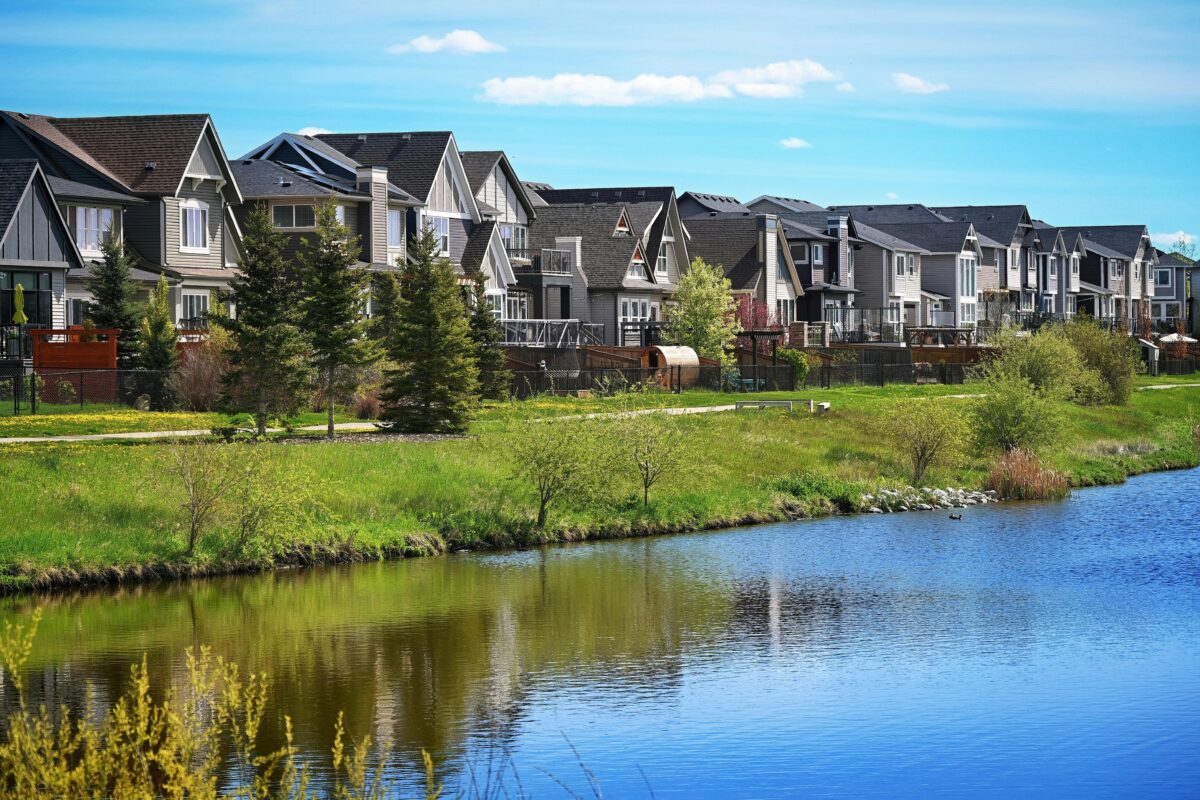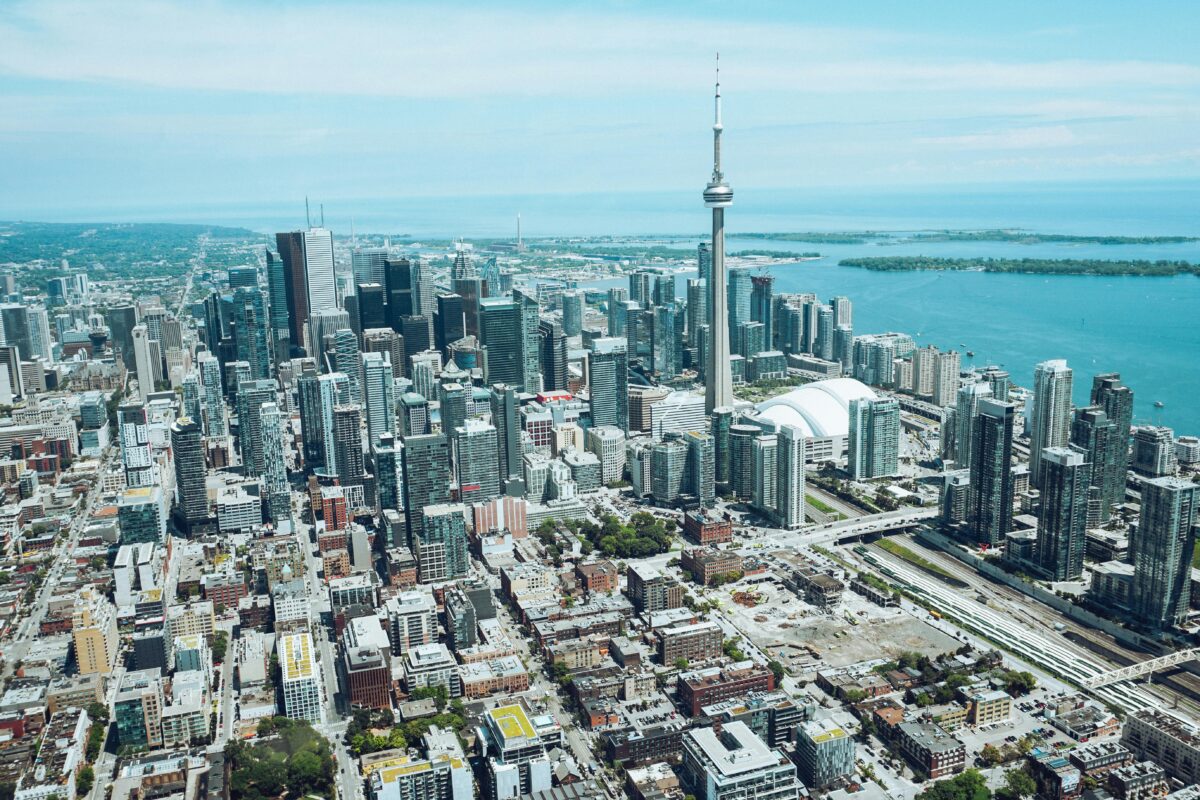Buying real estate in Ontario as a non-resident isn’t as simple as booking a showing and signing the paperwork. Between the Foreign Buyer Ban, Non-Resident Speculation Tax (NRST), and available tax rebates, the legal landscape can feel like a maze — especially if you’re new to Canadian property law.
This guide breaks down the legal essentials for non-resident homebuyers in Ontario. Learn how to stay compliant, avoid hefty penalties, and take advantage of the rebates you may be entitled to.
1. What Is the Foreign Buyer Ban in Canada?
As of January 1, 2023, Canada introduced the Prohibition on the Purchase of Residential Property by Non-Canadians Act, commonly known as the Foreign Buyer Ban.
What It Does:
- Prohibits non-Canadians (foreign individuals and corporations) from purchasing residential properties in designated areas, including most urban regions of Ontario.
Who It Applies To:
- Foreign nationals without permanent residency
- Foreign corporations
- Certain trusts or entities with foreign control
2. Exceptions to the Foreign Buyer Ban
Despite the ban, there are some exceptions. You may still be eligible to buy if you are:
- A temporary resident in Canada (e.g., on a study or work permit)
- A refugee or protected person
- A non-Canadian buying commercial real estate (not residential)
Important: You must meet strict documentation and usage requirements to qualify for these exceptions. That’s where a real estate lawyer for non-residents is essential.
3. What Is the Non-Resident Speculation Tax (NRST)?
If you qualify to buy, the NRST is the next legal hurdle. This is a 25% tax applied to the purchase price of residential property in certain Ontario regions, including:
- Greater Toronto Area (GTA)
- Hamilton
- Waterloo
- Ottawa
- And most southern Ontario municipalities
Who Has to Pay NRST?
You are required to pay the Non-Resident Speculation Tax if you are:
- Not a Canadian citizen or permanent resident
- Buying a residential property (1–6 units)
- Purchasing in designated regions of Ontario
4. Can You Get an NRST Rebate? Yes — But It’s Conditional
The Ontario government offers NRST rebates for eligible buyers who become permanent residents or continue working or studying in Ontario.
You May Qualify If You:
- Become a permanent resident within 4 years of the purchase
- Have a valid Ontario work permit and work full-time
- Are a full-time student enrolled for at least 2 years at a recognized Ontario institution
Other Requirements:
- You must occupy the home as your principal residence.
- You must apply for the rebate within 4 years of purchase.
5. Legal Paperwork: Why You Need a Real Estate Lawyer
If you’re a non-resident buyer in Ontario, a real estate lawyer is essential to:
- Confirm your eligibility under the Foreign Buyer Ban
- Determine if and when NRST applies
- Structure the purchase to meet rebate requirements
- File proper documents with the Ontario Land Registry and Canada Revenue Agency
At Philer.ai, we specialize in guiding international and non-resident buyers through Ontario’s legal real estate system — 100% online and fully compliant.
6. Beware of Non-Compliance: The Fines Are Huge
Buying property in Ontario without complying with the Foreign Buyer Ban or failing to report NRST obligations can result in:
- Fines up to $10,000 or more
- Forfeiture of property
- Future restrictions on immigration or financing
Getting legal advice isn’t just recommended — it’s critical.
7. Do You Qualify for a Tax Refund as a Non-Resident Buyer?
In addition to NRST rebates, non-resident buyers may also be eligible for:
- Land Transfer Tax (LTT) rebates (for first-time homebuyers)
- HST rebates (on new-build homes or pre-construction condos)
These rebates require meticulous documentation, so always involve a real estate lawyer experienced in non-resident transactions.
8. Can You Buy Property with a Spouse or Partner in Ontario?
If your spouse is a Canadian citizen or permanent resident, you may be able to structure the purchase in their name to avoid:
- The Foreign Buyer Ban
- The 25% NRST
However, this must be done legally and transparently. Fraudulent title structuring can result in severe consequences.
9. Remote Closings for Non-Resident Buyers: Yes, It’s Possible
If you live abroad and want to buy property in Ontario, you don’t need to travel just to sign documents. At Philer.ai, we handle everything virtually:
- Secure digital signatures
- Online identity verification
- Real-time lawyer consultations
- Tax and rebate application assistance
10. How Philer.ai Helps Non-Resident Buyers Navigate Ontario Real Estate Law
Buying a home in Ontario as a non-resident is legally complex, but Philer.ai makes it simple. Our online real estate legal platform gives you:
- Expert legal advice on NRST, Foreign Buyer Ban, and tax rebates
- Fully remote closings and title transfers
- Rebate assistance from lawyers who specialize in non-resident transactions
- Transparent pricing with no hidden fees
Whether you’re buying a home, condo, or investment property, we ensure full compliance with Ontario law — fast, easy, and 100% online.
Final Word: Be Smart, Legal, and Informed When Buying Property as a Non-Resident
Ontario’s real estate market offers incredible opportunities — but non-resident buyers face unique legal requirements and tax burdens. With the right legal help, you can avoid penalties and maximize your rebates.
At Philer.ai, we’re here to guide non-residents every step of the way. From verifying your eligibility to closing your deal remotely, we make the process seamless and secure.
👉 Ready to buy property in Ontario as a non-resident?
Let Philer.ai handle the legal side. Talk to a real estate lawyer today








